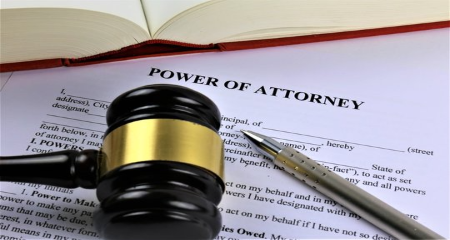
Why make a Lasting Power of Attorney?
Lasting Powers of Attorney (LPAs) are legal documents that allow you to appoint someone to manage financial affairs and other matters on your behalf during your lifetime.
1. Property and Financial Affairs: This allows one or more people (referred to as Attorneys) to act in relation to all ownership of assets and manage your financial affairs. This includes selling your house or managing bank accounts.
2. Health and Welfare: This allows the attorney to make decisions about day-to-day care and medical treatment.
Your attorney or attorneys must always act in your best interest, so it is vital that you appoint people in whom you have complete confidence.
Making an LPA avoids the need for complicated legal proceedings to unfreeze the assets of someone who has become incapable of handling their own affairs.
By seeking your solicitor’s advice on drawing up an LPA, you will have peace of mind that your affairs will be handled in accordance with your wishes if you were unable to do so. Your solicitor may also be able to act as your attorney, should you wish.
What else do I need to know about LPAs?
To make an LPA, the donor must have capacity and be aged over 18. The attorney is appointed to make decisions as if they were the donor themselves and must act in the donor’s best interests. The
LPA must be set out in the legally required format and contain a certificate completed by an independent person to confirm that the donor understands the LPA and that they are not under any pressure to make it. This is often a solicitor.
An LPA must be registered with the Office of the Public Guardian (OPG) before it can be used.
An unregistered LPA will not give the attorney any legal powers to make decisions and so it is advised to register it straight away.
Need some help?
Contact Us today or have a look at our Support Directory for advice.
